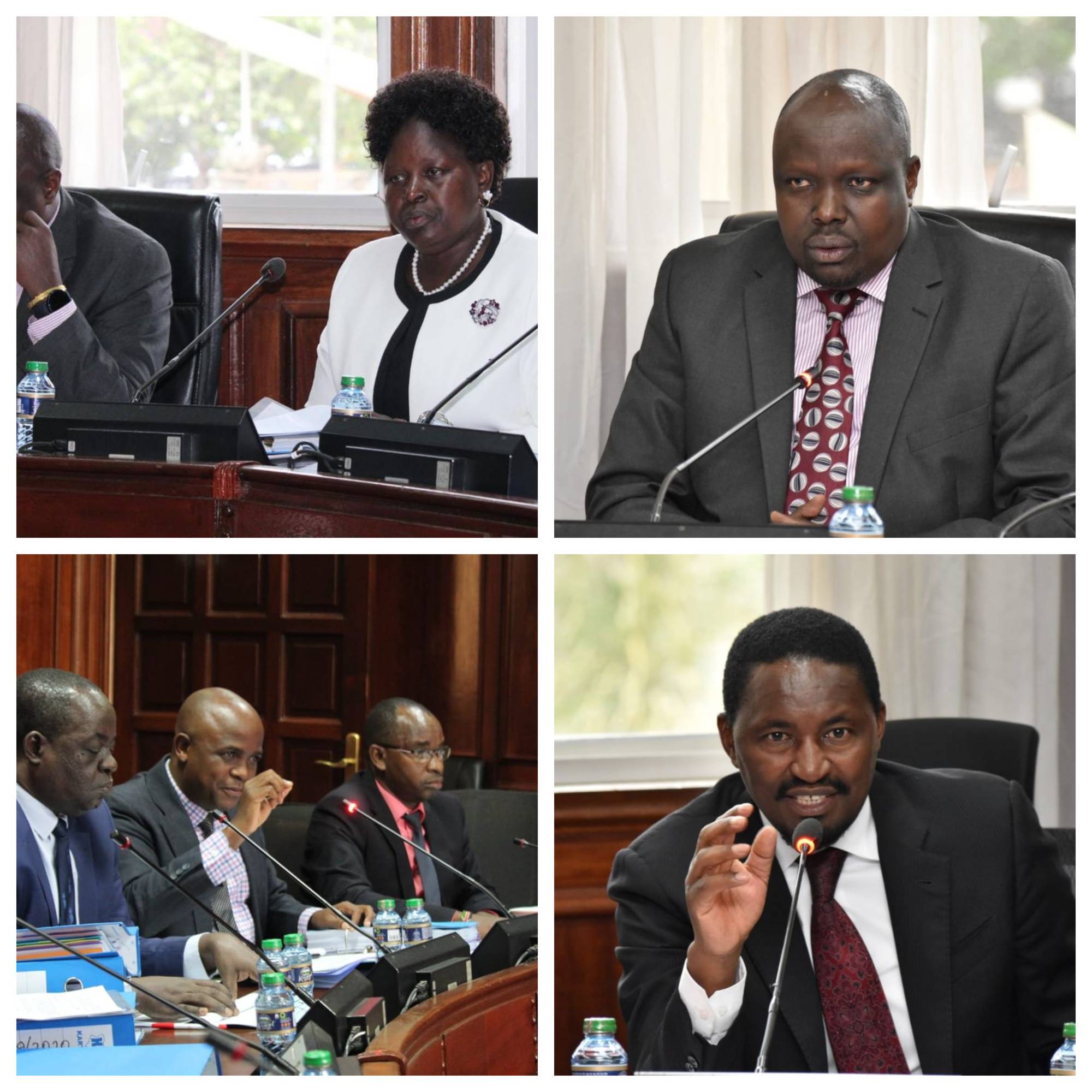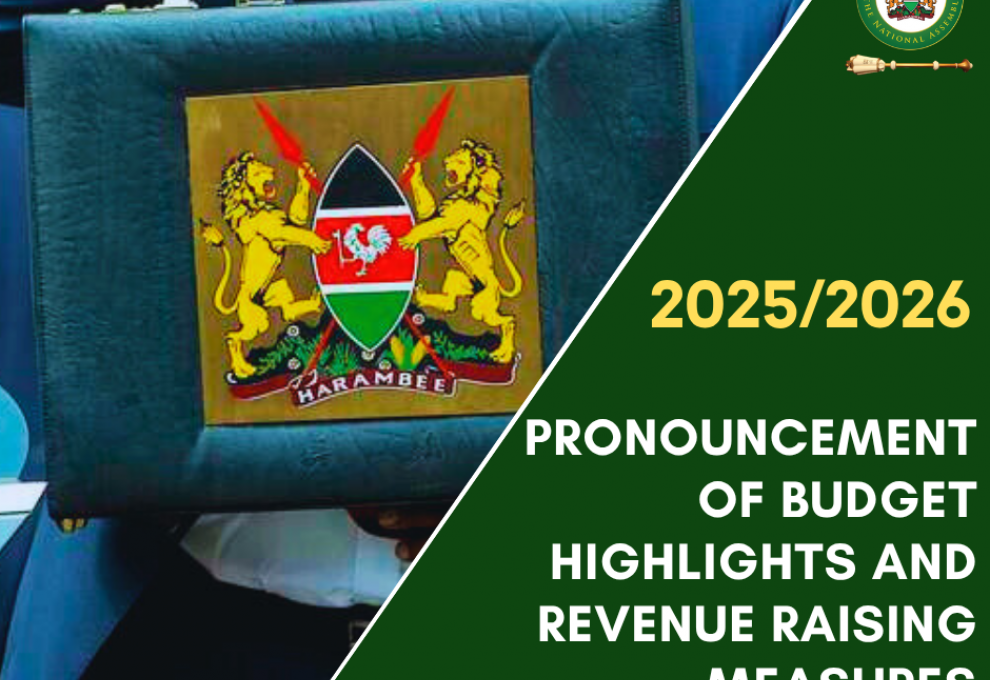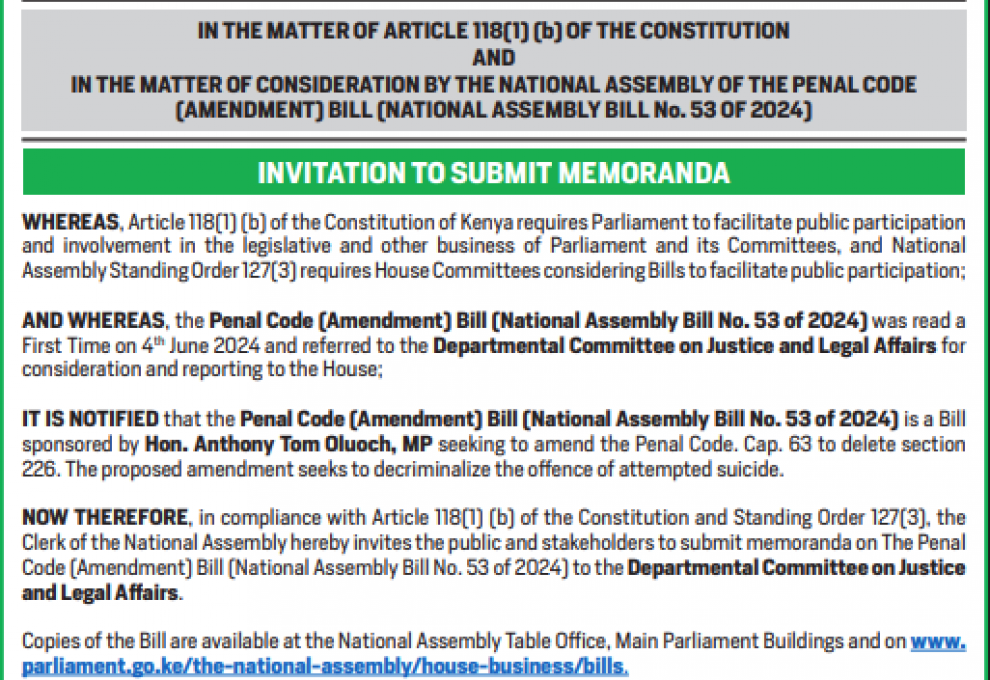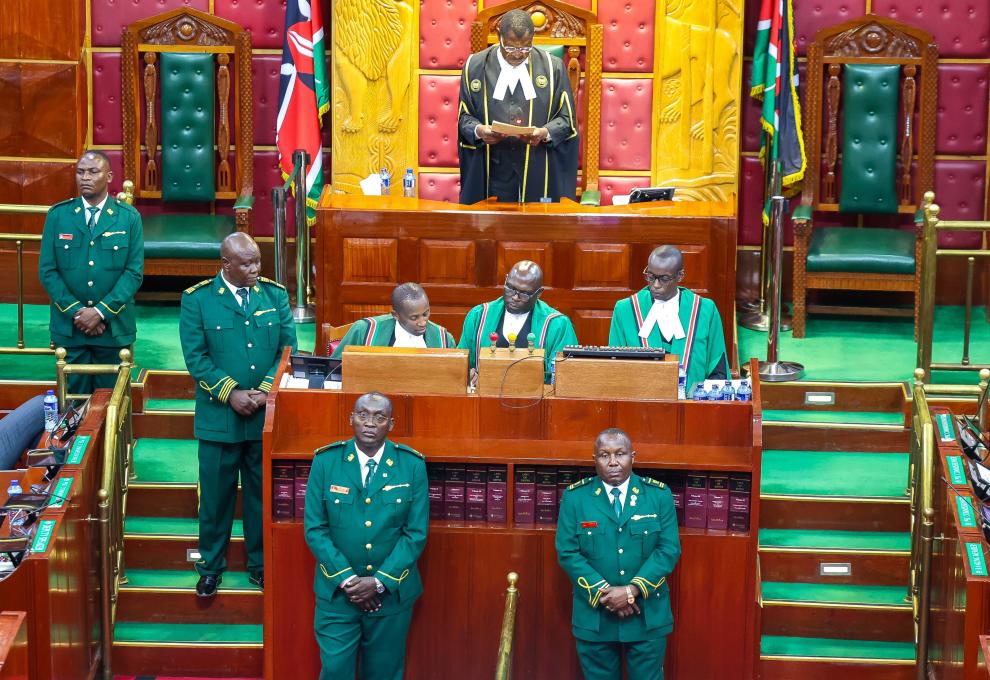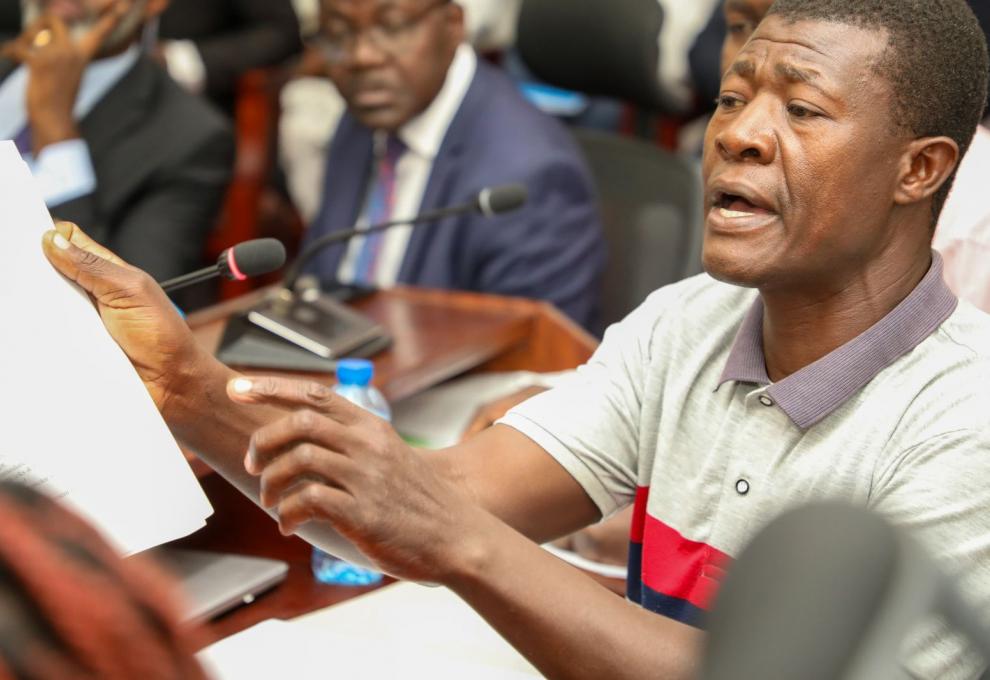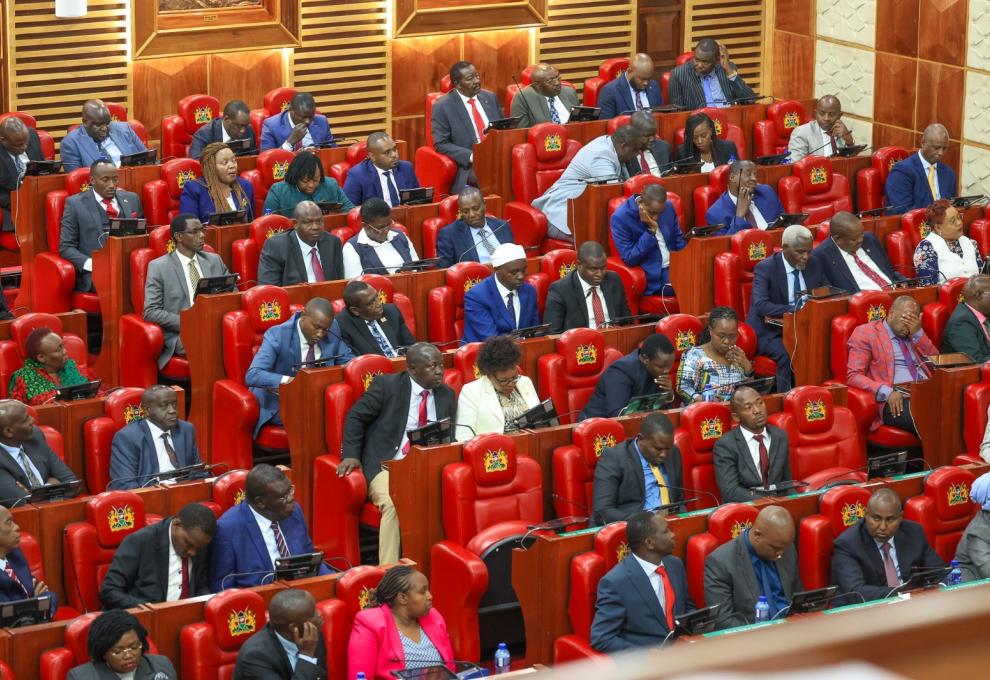𝐏𝐔𝐁𝐋𝐈𝐂 𝐈𝐍𝐕𝐄𝐒𝐓𝐌𝐄𝐍𝐓𝐒 𝐂𝐎𝐌𝐌𝐈𝐓𝐓𝐄𝐄 𝐎𝐍 𝐂𝐎𝐌𝐌𝐄𝐑𝐂𝐈𝐀𝐋 𝐀𝐅𝐅𝐀𝐈𝐑𝐒 𝐀𝐍𝐃 𝐄𝐍𝐄𝐑𝐆𝐘 𝐌𝐄𝐄𝐓𝐒 𝐊𝐄𝐍𝐘𝐀 𝐌𝐀𝐑𝐈𝐓𝐈𝐌𝐄 𝐀𝐔𝐓𝐇𝐎𝐑𝐈𝐓𝐘 𝐎𝐕𝐄𝐑 𝐀𝐔𝐃𝐈𝐓 𝐐𝐔𝐄𝐑𝐈𝐄𝐒
The National Assembly Public Investment Committee on Commercial Affairs and Energy met the Ag. Director General Kenya Maritime Authority for the second time, to respond to questions arising from the examination of the Reports of the Auditor General on the Authority's financial statements for Financial Years 2018/2019 to 2020/2021.
The Committee chaired by Hon. David Pkosing (Pokot South) raised issues with the irregular payment of sitting allowances to non board members by KMA in the Financial Year 2020/2021.
According to the Auditor General’s report, three people who are not KMA’s Board members were paid sitting allowances totalling Kshs760, 000 as sitting allowances during a recruitment exercise conducted by the Board members.
“A total of Kshs760,000 was paid to the parent Ministry’s staff, who were not gazetted Board members, as sitting allowances during a recruitment exercise conducted by the Board members. This was contrary to the State Corporations Advisory Committee Circular,” part of the Auditor’s report read.
In his response the Ag, Director General Mr. John Oming’o told the Committee that the Ministry staff who were paid the sitting allowances were offering technical assistance to the Board during the recruitment exercise.
The Authority furnished the Office of the Auditor General and the Committee with a letter of appointment of the three officers from the Ministry and the list of the officers who were paid.
For the Financial Year 2019/2020, the Committee asked KMA to provide a schedule of all creditors that had been paid and those still pending in their long outstanding creditors list. In addition, the Committee asked for the evidence of payment.
On audit queries raised on the Report for the Financial Year 2018/2019, Hon. Pkosing asked for an explanation on why it had not started the process of recovery from the supplier they had contracted for supply, review and installation of Enterprise Resource Planning (ERP), despite non-performance of contractual obligation.
According to the Auditor General’s report for that financial year, the supplier of ERP claimed Kshs. 2,275,749 for non-performance of contractual obligations. This translates to 20 percent of the contract sum of Kshs.11,378,743 which was payable after the first project meeting, contract sign off and signing of the project charter.
In his response, Mr. Oming’o told the Committee that the contract was for a duration of twelve weeks and had a workplan pegged on individual deliverables. He further stated that the total cost of the first deliverable by the supplier amounted to Kshs 2,275,749 and was paid after its achievement was certified.



